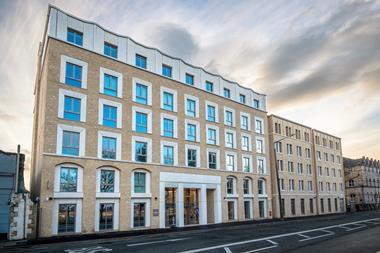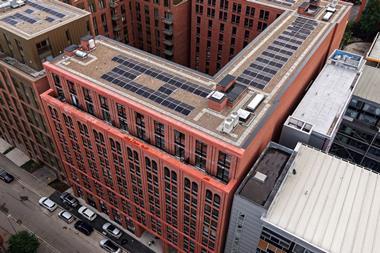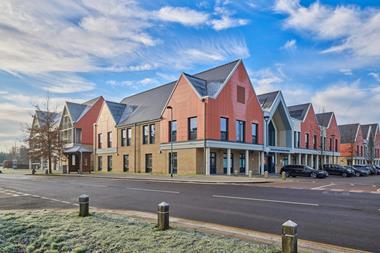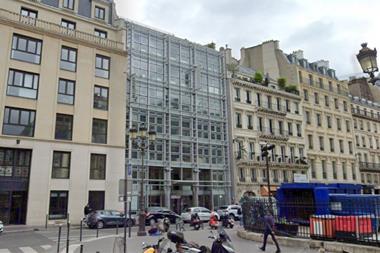EUROPE - Investors will increasingly opt for active management as "indiscriminate yield compression" in Europe ends, according to Aberdeen Property Investors.
"Before, you could hold passively and still get a good return," head of investment strategy Alessandro Bronda told IPE Real Estate. But the future emphasis, he suggests, will be on value-added strategies, reworking leases and better tenant mixes.
He denied property had been disproportionately hit by the fall-out from the sub-prime crisis, arguing "the credit crunch affects all assets."
However, he predicted there will be less activity in real estate markets from highly-leveraged investors and fewer active opportunity funds.
Longer-term, he saw no long-term change in investors' view of European property "assuming there's no big slowdown". Instead, he forecast "a short-term readjustment" for the rest of the year.
"It isn't a shake-out. It's a re-pricing of risk," said Bronda. "The fundamentals are intact."
Despite the end of cheap debt and a less certain upward price trend, economic expansion, employment growth and increased pension scheme allocations would continue to drive up demand. Bronda suggests supply limitations created by a reduction in the development pipeline would support rental growth.
Paul van den Heuvel, head of investment management at Dutch insurance company Optas, who has long urged pension funds to opt for passive real estate mandates, is less than optimistic.
"This year is a bad year for real estate after four years of glorious returns," he said, though he added he had seen few clear signals in recent months investors were rejecting passive management.












